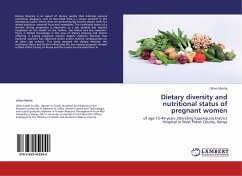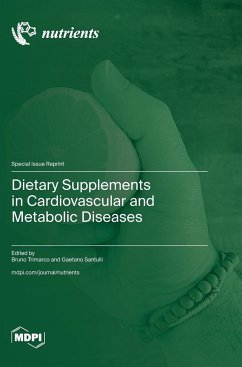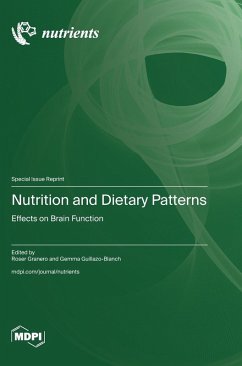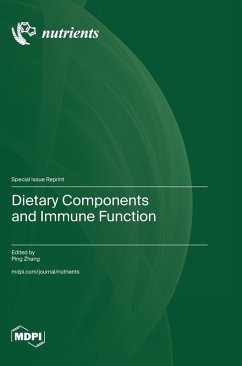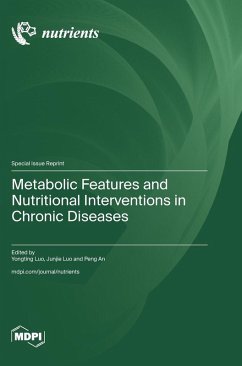
Nutritional Modulation of Dietary Sugars as a Strategy to Improve Insulin Resistance and Energy Balance in Diabetes
Versandkostenfrei!
Versandfertig in 1-2 Wochen
55,99 €
inkl. MwSt.

PAYBACK Punkte
28 °P sammeln!
This Special Issue covers an important topic that has relevance not only from a scientific point of view but also from nutritional, policy, and industrial perspectives. We are currently being subjected to increasing obesogenic pressures, with sugars being hidden in many foods, creating the perfect environment for the slow but consistent progression of metabolic dysfunction. The consumption and impact of dietary sugars on the gastrointestinal system is discussed, together with the dietary sources of naturally occurring and added sugars, as well as the role of different diets and dietary regimen...
This Special Issue covers an important topic that has relevance not only from a scientific point of view but also from nutritional, policy, and industrial perspectives. We are currently being subjected to increasing obesogenic pressures, with sugars being hidden in many foods, creating the perfect environment for the slow but consistent progression of metabolic dysfunction. The consumption and impact of dietary sugars on the gastrointestinal system is discussed, together with the dietary sources of naturally occurring and added sugars, as well as the role of different diets and dietary regimens in preventing post-prandial sugar increases and hyperinsulinemia. The intestinal metabolism of dietary sugars, including the formation and absorption of advanced glycation end products and their impact on gut microbiota, is also considered. In terms of the impact of dietary sugars on other metabolic processes, the increased and sustained consumption of sugars causes long-term alterations in beta-cell function and the hypothalamic pathways controlling energy balance and the development of addictive behaviors, inducing mitochondrial impairment, oxidative stress, and the modulation of inflammatory pathways. Seeking to advance the development of prevention strategies to avoid the negative impact of dietary sugars, we outline the role of exercise in reducing blood markers of glucose dysmetabolism and the importance of preventing excessive sugar consumption in critical phases of development owing to its long-term consequences. Additionally, we discuss pathophysiological processes and mechanisms of disease.






